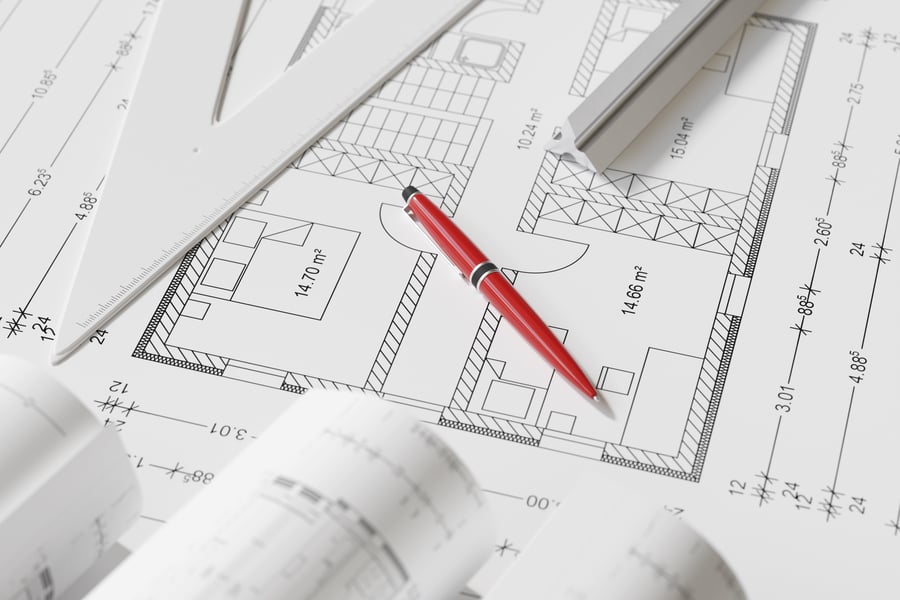The average asking price per square metre of houses across England and Wales increased by 0.8% compared to this time last year.

Data from Rightmove shows the different values per square metre across England and Wales, and also how much it could cost for those thinking of adding an extension to their home.
The study is based on an analysis of over nine million Energy Performance Certificate (EPC) records, to calculate the average size of houses in an area, and the average asking prices of 1.2 million property listings of houses in England and Wales.
This gave a national average asking price per square metre of £2,954.
The average asking price per square metre of houses across England and Wales increased by 0.8% compared to this time last year (£2,930) and is up by 19% compared to five years ago.
The most expensive square metre is in the W postcode in West London, at £10,427 per square metre.
The top five most expensive places are all in the capital, each with an average value exceeding £5,000 per square metre.
Meanwhile, the cheapest place per square metre is the SR postcode in Sunderland (£1,417), closely followed by Teesside (£1,444) and Blackburn (£1,490).
A new House Extension Cost calculator from Rightmove uses this data to estimate how much extensions could add to the value of a house, along with estimated labour costs, in 103 postcodes across England and Wales.
The team who created the calculator advise that the final costs and potential value will depend on a number of factors including the finish of a renovation and materials chosen, the use made of the space and if the house has already hit an affordability ceiling for potential buyers in the area, and so should be taken as a "rough guide" only.
The calculator also gives some rough estimates of labour costs for the different sizes of extension based on quotes from over 1,000 builders.
Tim Bannister, director of data services at Rightmove, said: “We’re often asked how much an extension might add to the value of a home and in this calculator we have given a very rough guide on this, plus average labour costs to help people with that first step.
"But homeowners need to think about why they are doing an extension. If it’s to add value to a home then it’s worth bearing in mind that local markets all differ, as does the price that people will be able to pay for a property, so there will be times where adding an extension will not increase the home’s value by more than its cost.
"But for many people the reason is so that they can have more space at that moment in time, and so adding some value for when they do go on to sell in the future could be a bonus for them.
"The final cost will depend on the materials that homeowners might need to buy as well as any extras such as planning permission.
"The key thing, however, is to be clear on how much you can afford to spend and to make sure you have a contingency pot as well.”



